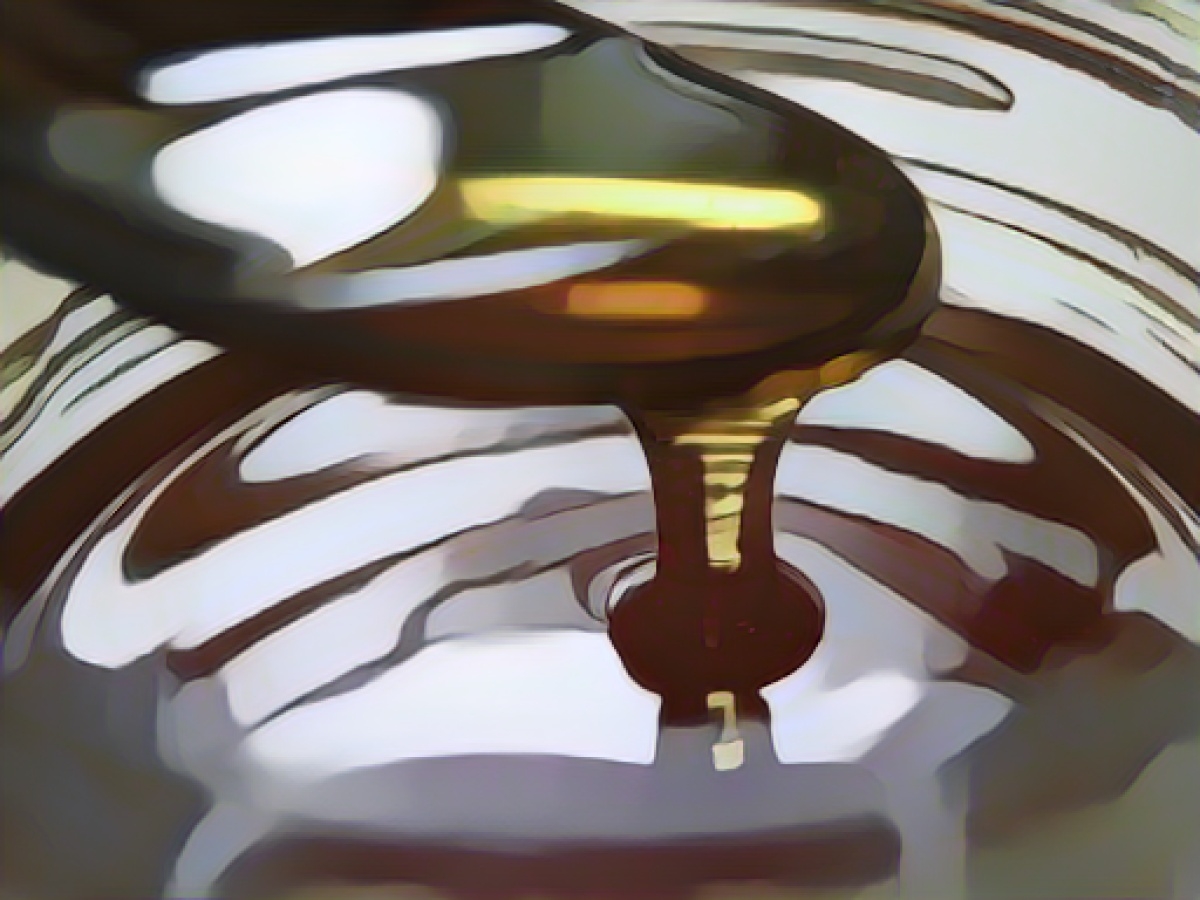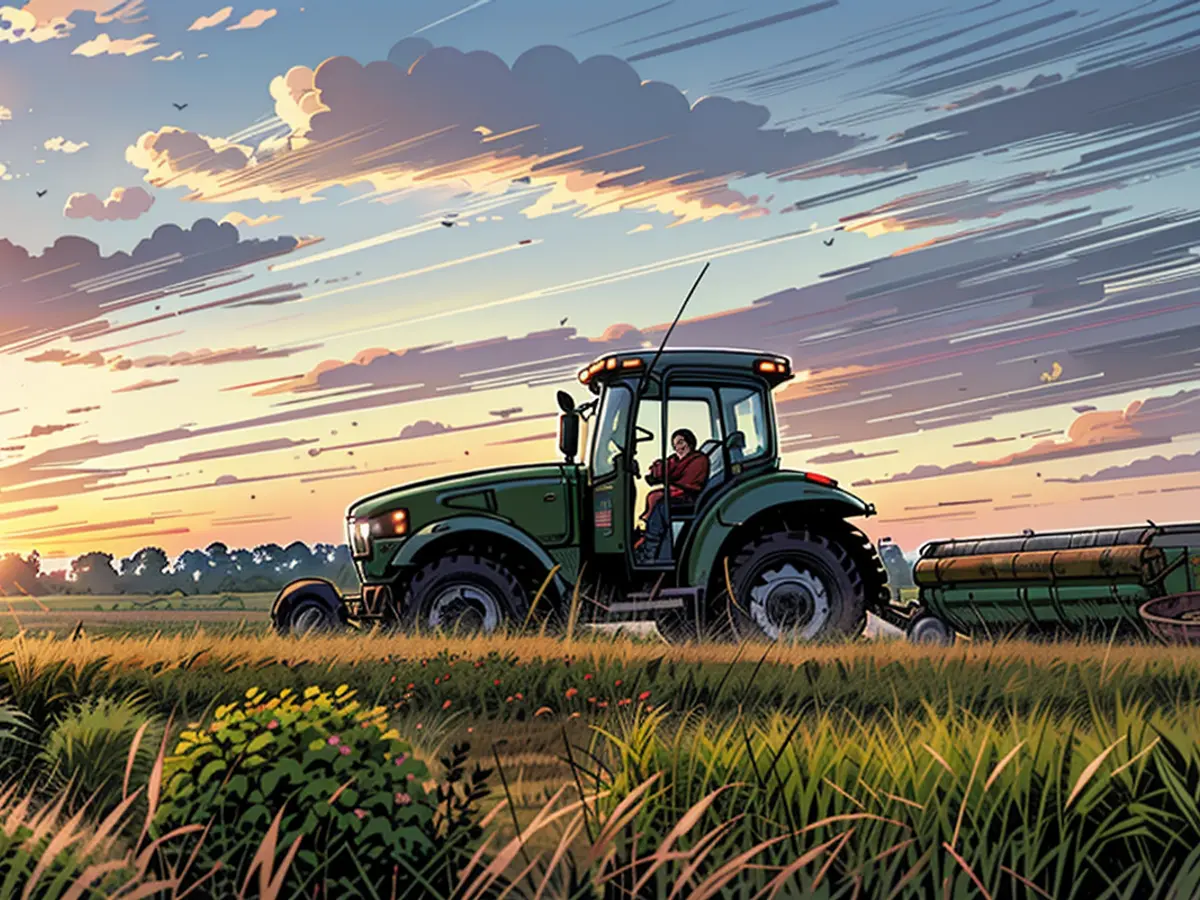🐝 Honey Bonanza in Lower Saxony and Bremen 🌿
Fellow bee enthusiasts and honey lovers in Lower Saxony and Bremen, you're in for a sweet treat! Beekeepers in these regions are celebrating a bountiful year. Reports from the Germany-wide Bee and Beekeeping Center in Mayen, Rhineland-Palatinate, reveal an average of 39 kilograms of golden goodness harvested per bee colony. This represents a 3.5-kilogram increase compared to the previous year and a whopping 12-kilogram leap from the rain-drenched years of 2021!
Nationwide, the honey pot is overflowing too. On average, 36.7 kilograms of honey was collected per bee colony across Germany this year. The Bee and Beekeeping Specialist Center's manager, Christoph Otten, confirmed this news, attributing the success to the country's favorable weather. "2022 was a smashing year for bees," he beamed. "The great weather brought in heaps of nectar, allowing beekeepers to extract a ton of honey!"
Buzzing with about 1.1 million bee colonies and 170,000 motivated beekeepers, Germany's honey industry is thriving. For this survey, the Bee and Beekeeping Center received around 13,000 responses - divided into two surveys: one for the early harvest (spring) and one for the summer harvest.
The positive vibes don't stop at honey production or bee population. Beekeepers are also charging a slightly higher price of 6.50 euros per 500-gram jar of pure honey. Industry expert Otten explained that these price increases are necessary due to soaring business costs, although they often don't cover the full costs. For instance, winter feed for bees has more than doubled in price within a year, and cheap imports from abroad remain a concern for local beekeepers.
The abundance of nectar-rich flowers in Germany thanks to excellent weather is having a ripple effect, boosting animal-dependent agriculture and making beekeepers in Lower Saxony and Bremen quite happy. With an average 39 kilograms of honey per colony, they are reaping the rewards of nature's bounty.
The booming bee population not only delights honey lovers but is also playing a vital role in pollinating various crops, ensuring a successful agriculture season for farmers who rely on animal-assisted pollination.
As we enjoy this sweet victory, let's remember that the only way to guarantee a permanent honey flow is by supporting our local beekeepers in their efforts to preserve and protect our precious pollinators and their precious pick-me-up – honey.🖐️🍯
Sources: (No specific information on honey harvest in Lower Saxony and Bremen were found in the source, but general data on the honey harvest in Germany was reported.)
(Note: The Enrichment Data was not utilized due to its irrelevance to the topic.)*







